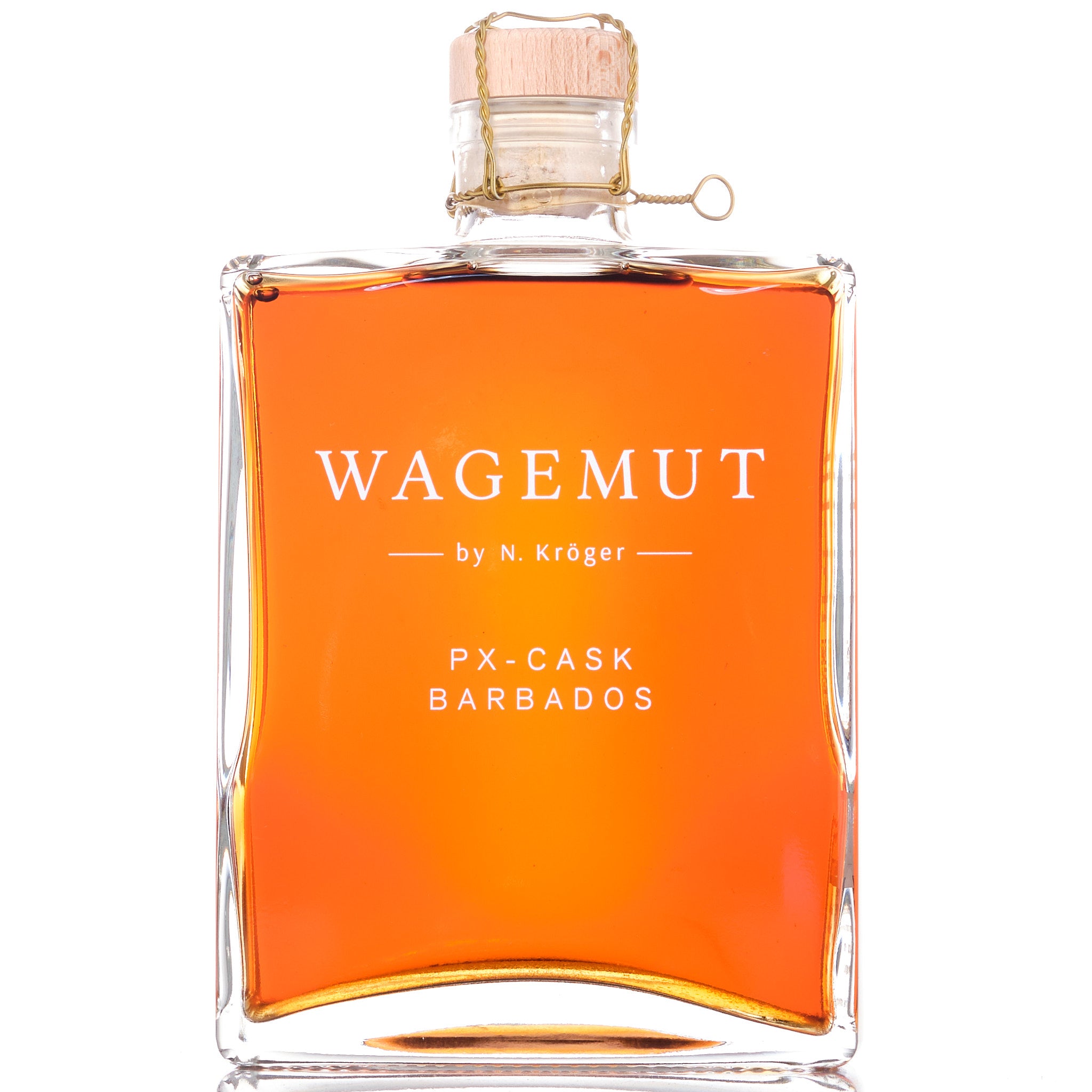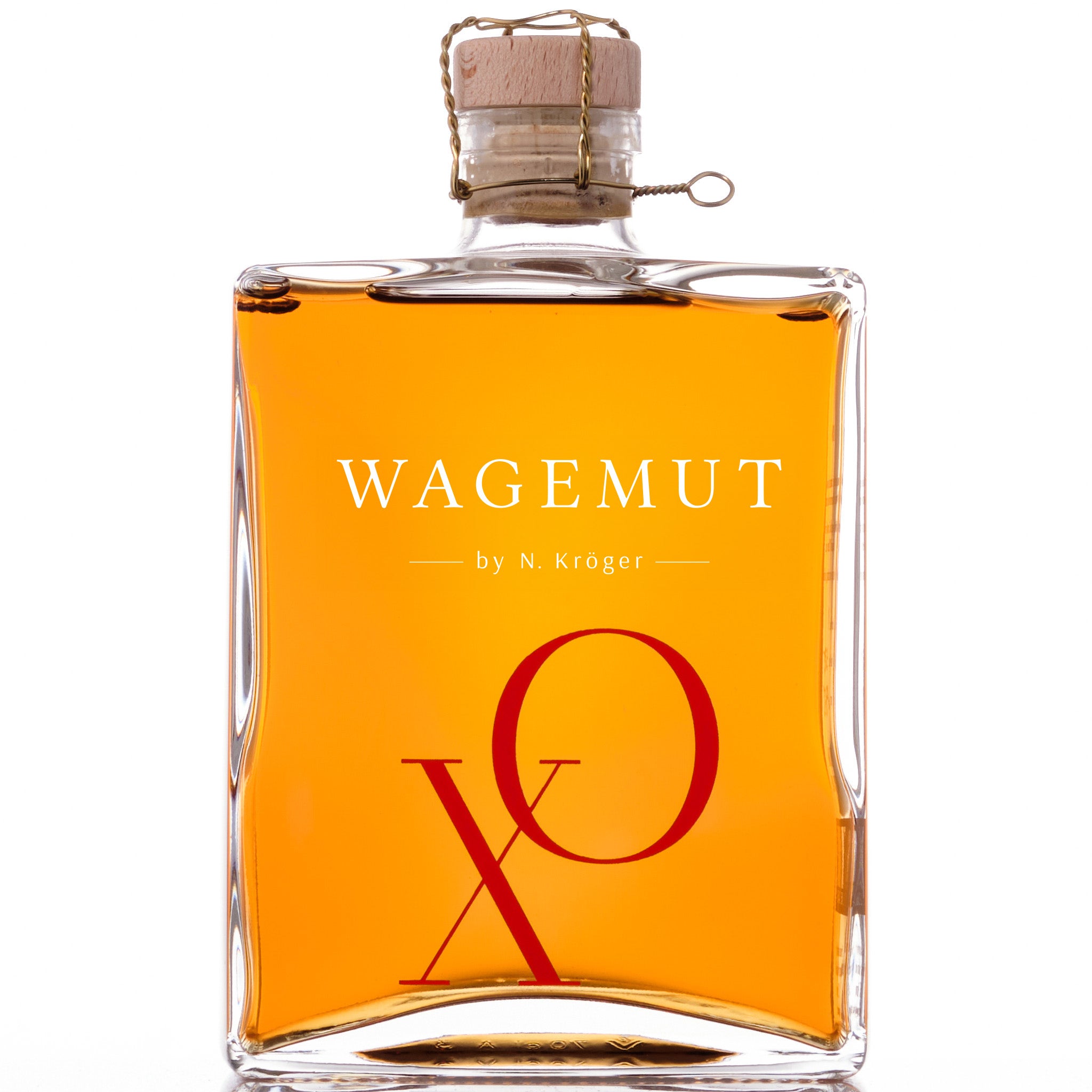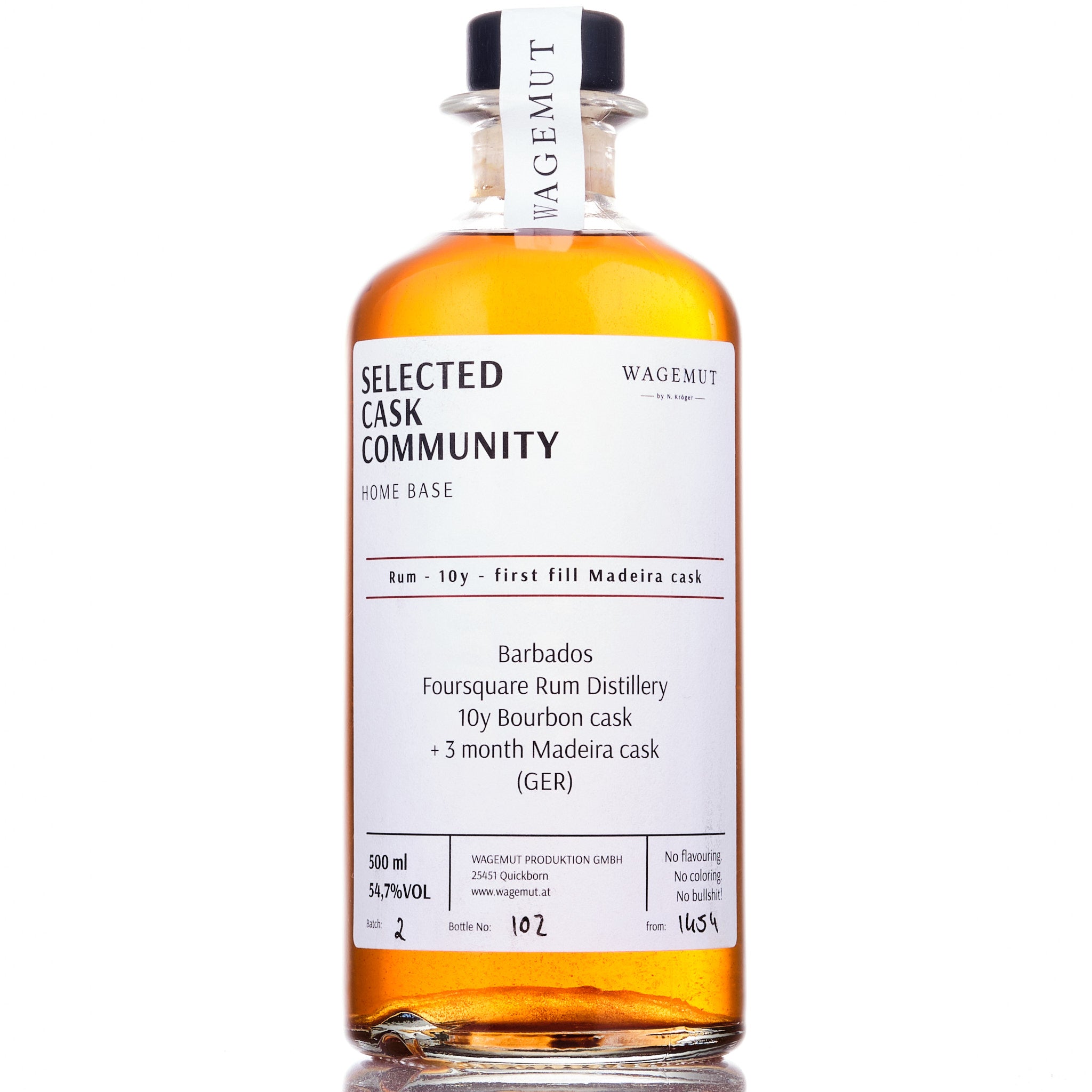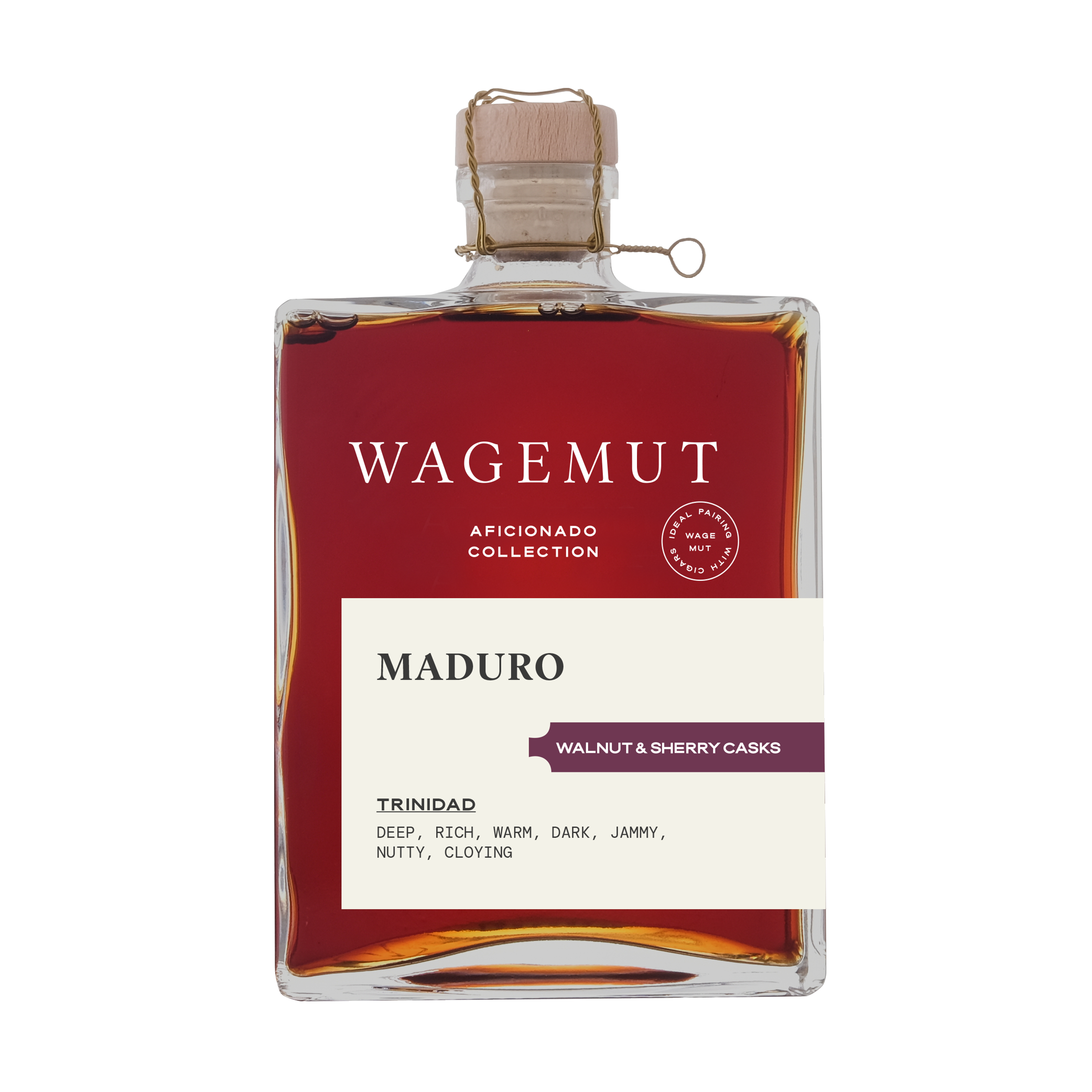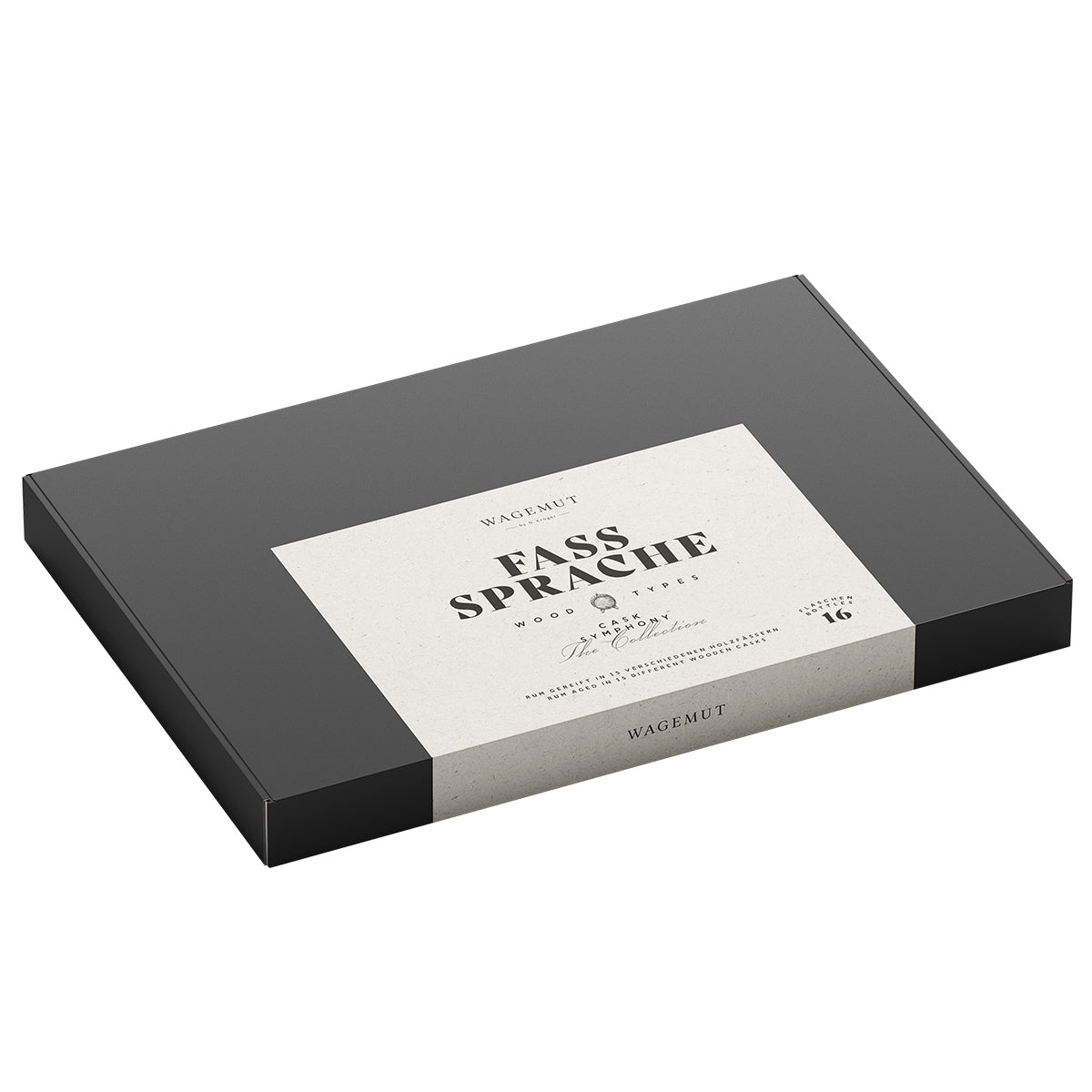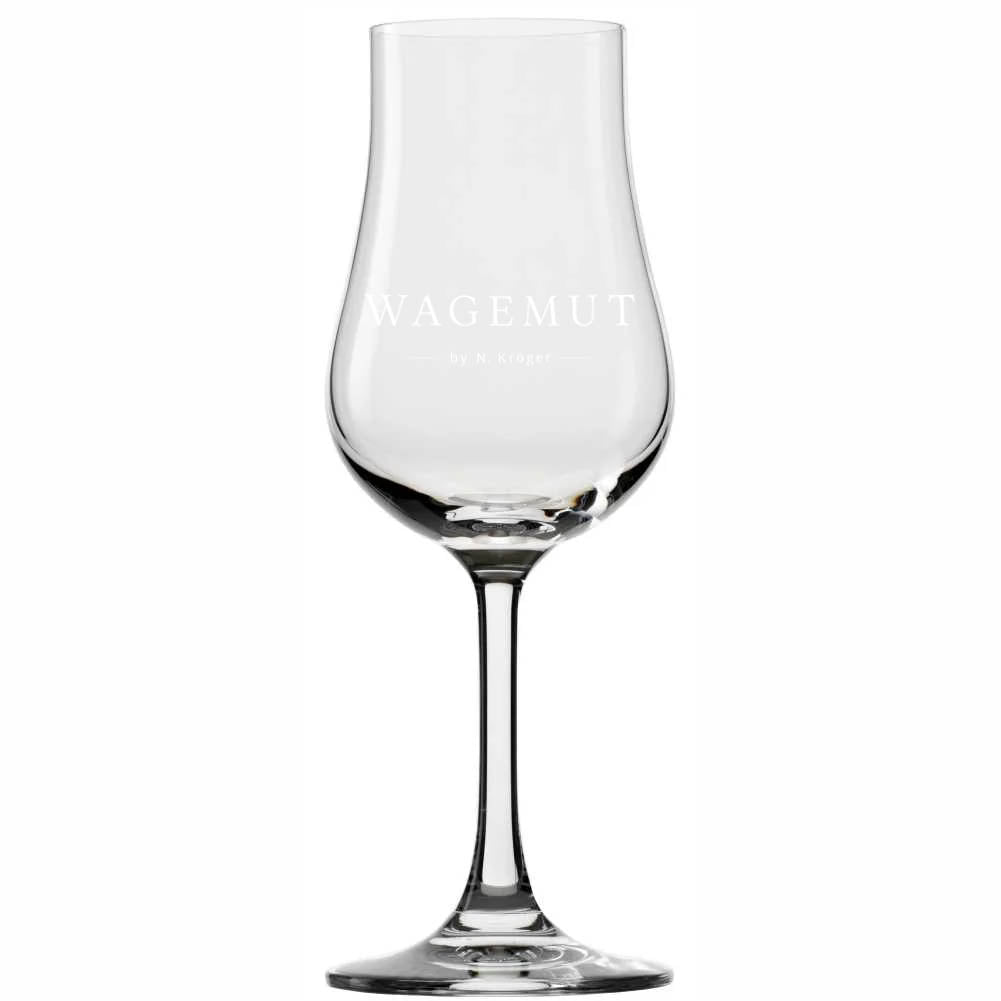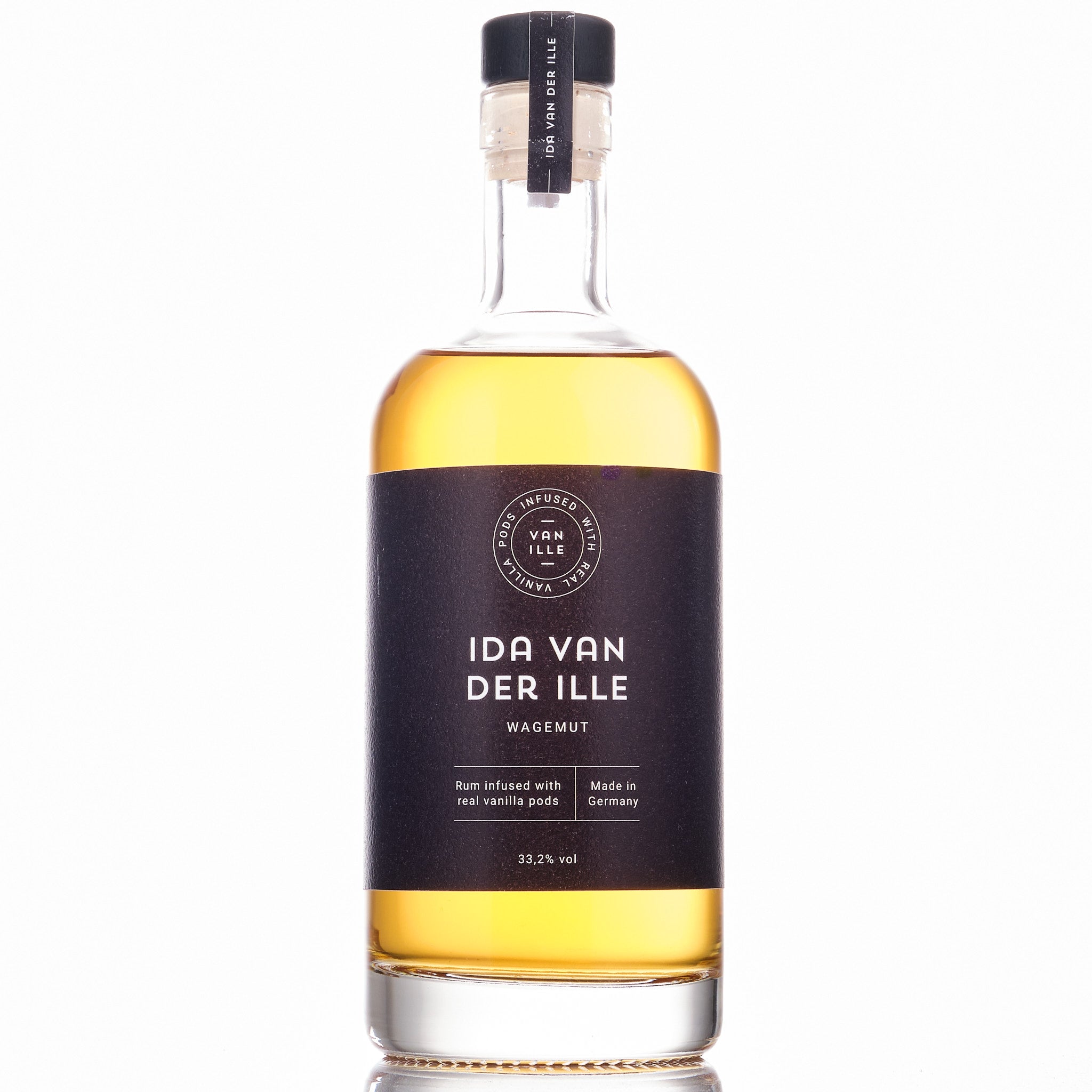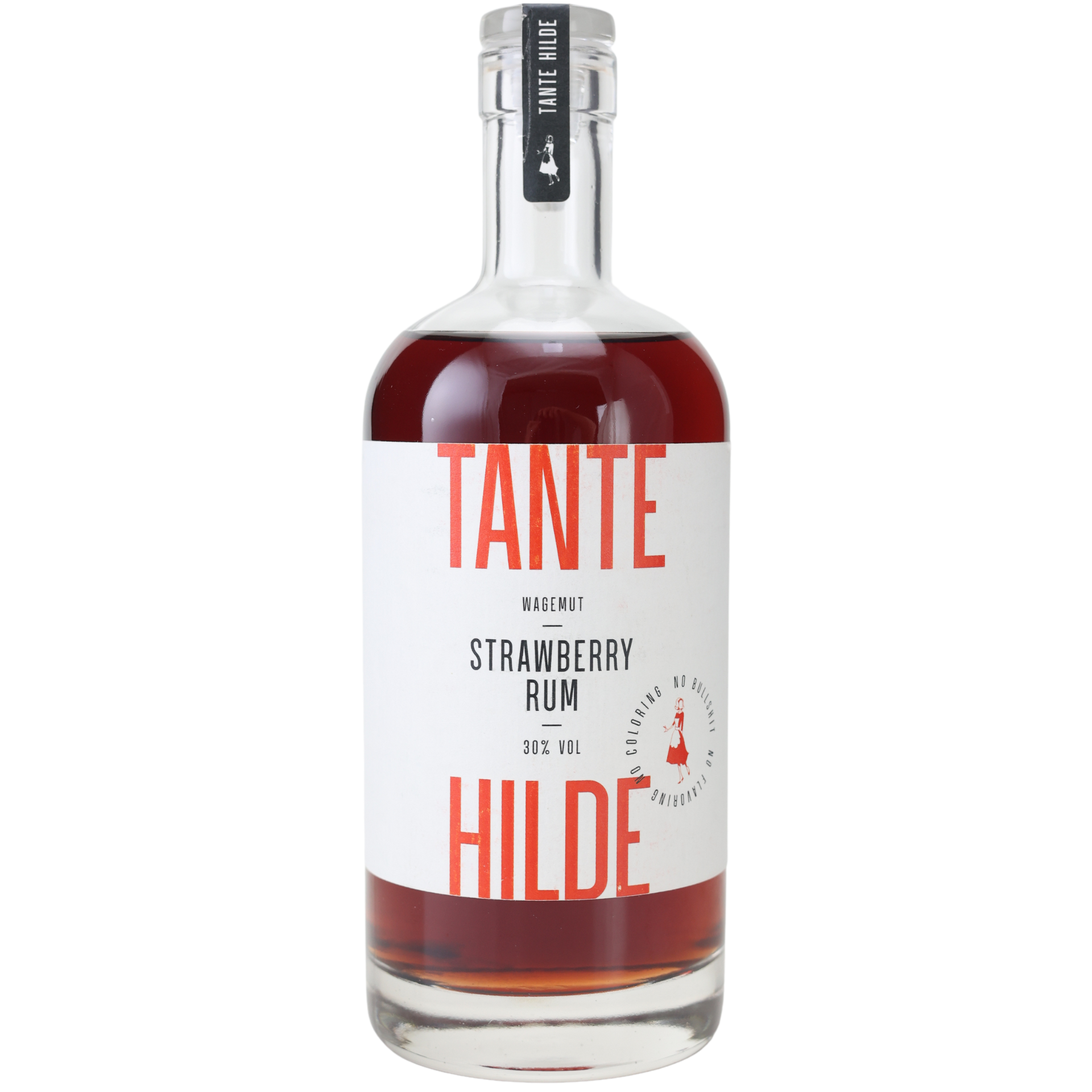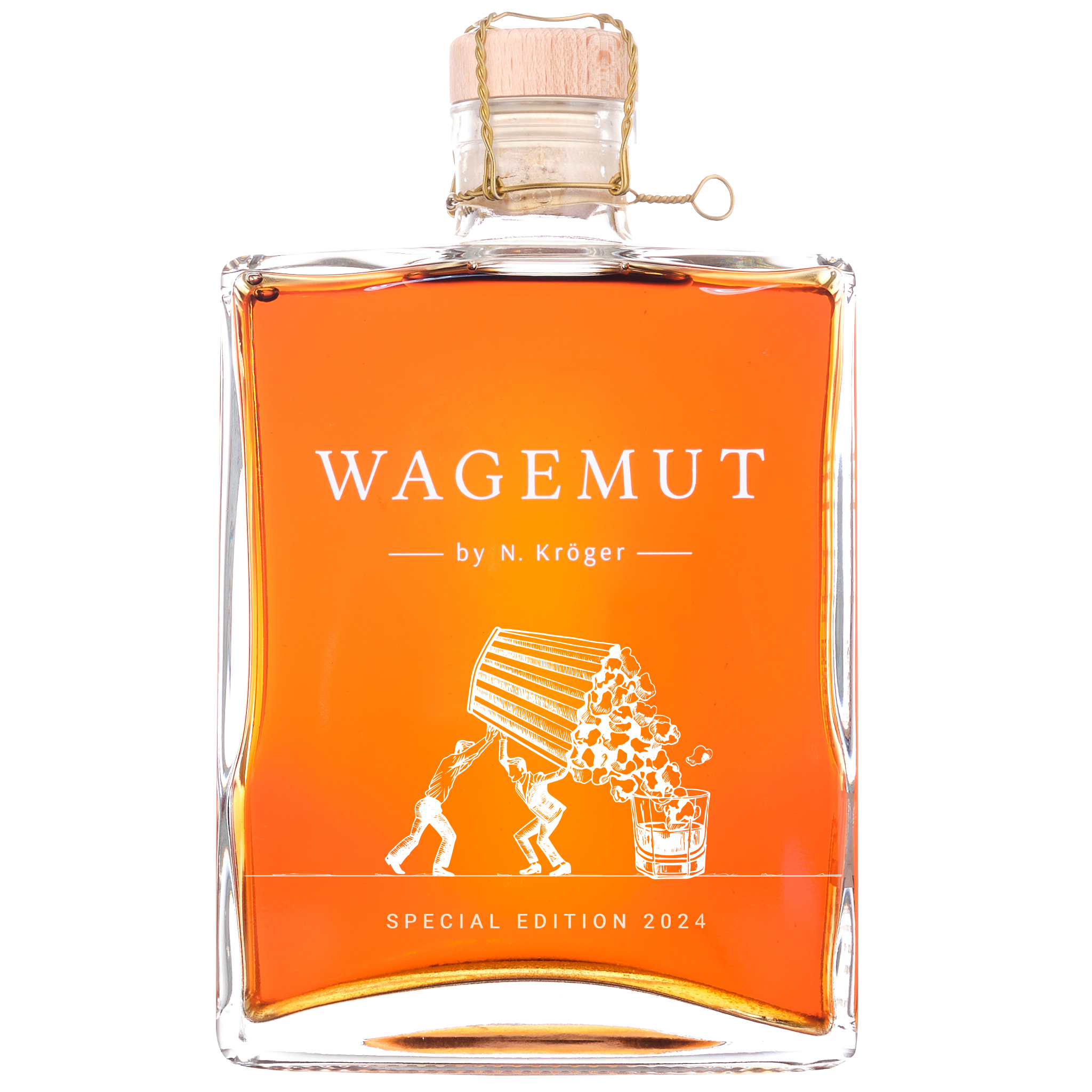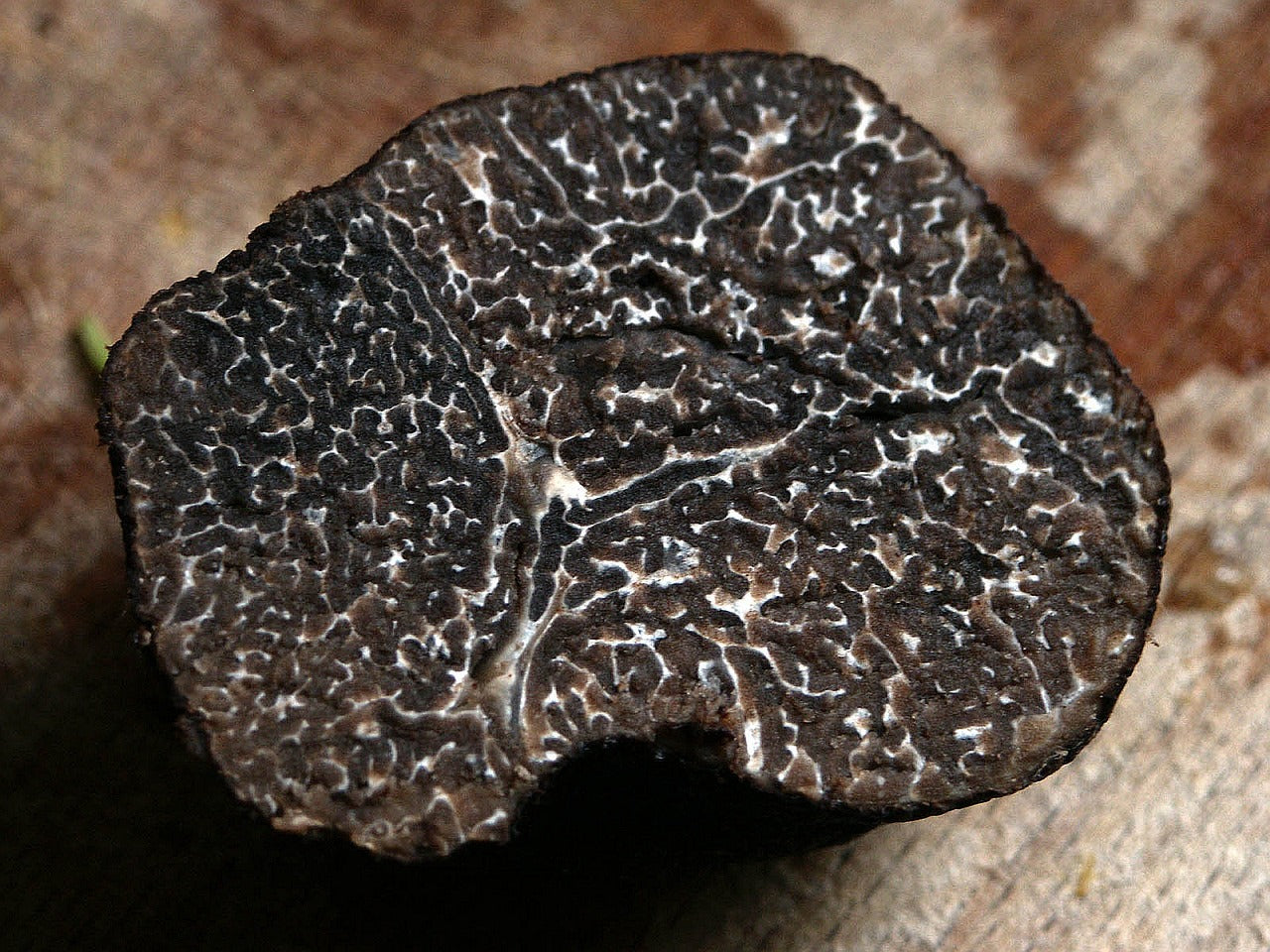There are few things that annoy me more than the would-be killer argument "but that's a matter of taste". That has no place in a sensory discussion.
We have to differentiate between our “own taste” and a “good product” (dish, rum, etc.).
In my work as a juror of spirits competitions, this differentiation is particularly evident:
When I was 15, I once drank too much Baileys. I had to throw up violently. Not a good memory. Years later, I still struggled with cream liqueurs.
When I was part of the jury of a rum competition, the final category was emulsion liqueurs (a cream liqueur is an emulsion liqueur).
I do not like it.
So what? Does that mean that I give all products a bad rating just because I don't like the category? Would that be fair to the producers who may have made a great liqueur?
Of course not. Do you see from my example how the argument “that’s a matter of taste” would not work at all? How unprofessional that would be?
So if personal preference doesn't matter when judging a quality product, what does?
It is primarily about two things (both relate to the overall impression of taste and smell):
1. Complexity
2. Balance
Complexity :
Duden definition: Complexity; the interweaving of many characteristics.
In terms of taste, we are talking about the play of flavors. What you want to look for is a sensory rollercoaster. The taste evolves. The first impression changes again and again, and at the end there is an aftertaste that leaves you amazed.
Attention! Complexity is often confused with power. But these are two different things, and power or intensity can, but does not necessarily, have anything to do with quality. Some highly delicate materials are sometimes the most complex of all. For example, the aroma of moss or camomile.
Balance :
It's about a balanced symphony of tastes and smells. Things shouldn't seem overpowering or dull.
Here I would like to come back to the subject of strength: you might think that spirits with a very extreme component (like peaty whisky, for example) lack balance. But that is not true. Things can go in an extreme direction - but they need a counteracting factor if they are to form a good product.
A fitting negative example here is the Octomore from Bruichladdich: A truly bad product. The peat content is so overloaded at ~120 ppm, while the whisky was bottled very young and has no body, so you might as well brush your teeth with peat. No opponent, no complexity. Just boring, straight in your face.
Conclusion:
Of course you should drink and eat whatever you want and whatever you like, and however you want it. It doesn't matter to me and it's no concern to anyone else (unless you're a guest, but that's another topic).
It's also completely okay if you love the Octomore and even if it's your favorite whisky.
I just want to make some people in the culture of pleasure aware that they should be a little more cautious with their opinions about what is supposedly good. And above all, I want to refute the weak and often wrongly used argument that it is a matter of taste.
Octomore

